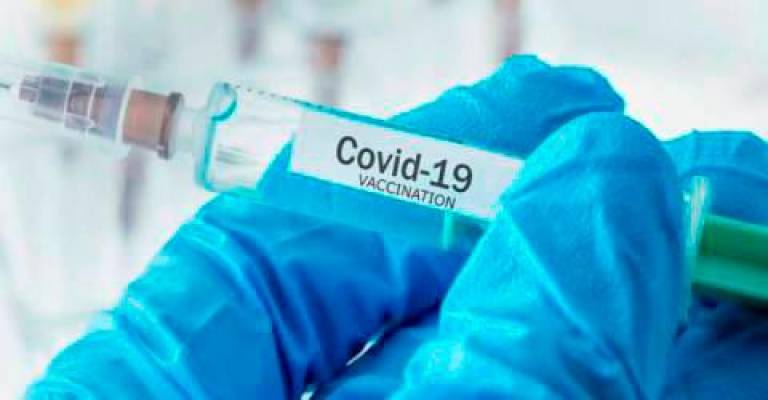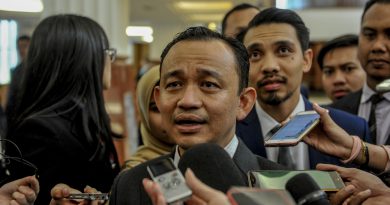Spiking infections on heels of lagging vaccination rate raising concern
PETALING JAYA: The numbers are alarming. New Covid-19 infections and the death toll have increased significantly, yet the vaccination exercise continues at a snail’s pace.
Malaysia is reporting more than 6,000 new cases daily now, the highest in Southeast Asia, and neck and neck with the Philippines at the top of the chart.
Yet, it has also achieved among the lowest rate of vaccination. World Health Organisation tracking data shows that as of last Friday, only 931,000 people have been fully vaccinated, accounting for just 2.9% of the population.
In contrast, 1.44 million people in Singapore have received both doses of the vaccine, which is 25.3% of the republic’s population, more than nine times ahead of Malaysia.
For health experts like Datuk Dr Musa Mohd Nordin, this is a major cause for concern.
“If you examine the cumulative cases per million population, it looks like Malaysia is second only to India as the worst performer,” said Musa, who is a consultant paediatrician and neonatologist at KPJ Damansara Specialist Centre.
Malaysia’s Covid-19 National Immunisation Programme started on Feb 24 with the target of having at least 80% of the population fully vaccinated within a year.
About 10 million people have registered for vaccination, but only 1.4 million have received at least one of the two doses required.
To illustrate the severity of the situation, Musa pointed out that from Jan 25 last year (when the first Covid case was reported in Malaysia) until Dec 31, there were 471 fatalities. Another 1,523 have succumbed to the infection thus far this year, accounting for 76% of the total death toll in just five months.
Given the “lousy” roll-out, he said states with the highest rates of infection such as Selangor, Sarawak, Kelantan and Penang should be given the go-ahead to procure their own vaccines.
Penang Chief Minister Chow Kon Yeow announced last week that the state had received an offer of two million doses of the Sinovac vaccine at no cost, but it was dismissed by immunisation programme Coordinating Minister Khairy Jamaluddin as “bogus”.
Last Tuesday, Khairy announced that states would be allowed to procure vaccines with the approval of the National Pharmaceutical Regulatory Agency, but priority would be given to the federal government.
Chow has since apologised for the fiasco. He said the Penang government has written to Khairy to seek the nod for the state to purchase the vaccines directly from suppliers within the country or manufacturers approved by the federal government.
Meanwhile, Selangor has initiated its Selgate Covid-19 vaccination programme to enable employers to procure vaccines for their workers.
Musa said the “federal-centric” negotiations for everything related to Covid-19 vaccines has been shown to be non-sustainable.
“The federal government should focus on its role as policy maker, not play the role of implementer, for which it has failed miserably.”
He said the vaccination process can be speeded up if state governments, private hospitals and other stakeholders are empowered to procure and administer the vaccines to complement the national programme.
“India has shown that the involvement of the private healthcare sector has speeded up the vaccination process by seven times,” Musa pointed out.
Research analyst at EMIR Research, Amanda Yeo, said with limited vaccine supplies across the globe, there is rising concern that Malaysia may not be able to start Phase 3 of its immunisation programme and may be unable to cope with the surge in infections.
Source: TheSunDaily




